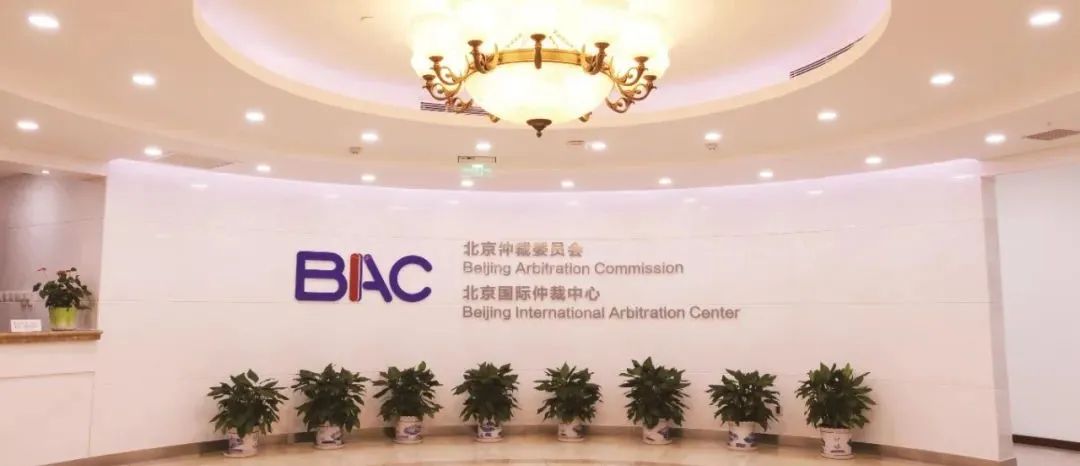
Publish time: Tue Dec 13 15:19:14 CST 2022
What is Emergency arbitration?
Emergency arbitration (“EA”) is a process initiated by a party due to the urgency of its application for interim measures before the arbitral tribunal is constituted. The arbitration institution will appoint an emergency arbitrator, who will then review the party’s application for interim measures in accordance with the process as specified by the arbitration rules, and thereafter render a decision on whether the application is approved within a short term.
The EA process is aimed to meet the parties’ needs of interim measures before the constitution of arbitral tribunals in international commercial arbitration, avoid any losses of the parties resulted from delayed interim measures, and save them the trouble of filing the application for interim measures with courts, sometimes even to courts in different jurisdiction, especially in cross-border disputes.
Currently, different practices are seen in different jurisdictions on whether the decisions made by emergency arbitrators are enforceable. For example, such decisions are legally enforceable under the laws of jurisdictions such as Singapore and Hong Kong, and in some jurisdictions such as Australia, such decisions’ enforceability will be at the discretion of judges. In some other jurisdictions such as mainland China, the courts do not enforce such decisions.

BAC introduced the EA process in 2015
And has turned this new thing into regular practice
The BAC adopted the EA process in its arbitration rules in 2015. Before the constitution of the arbitral tribunal, a party may apply for interim measures, and an emergency arbitrator appointed by the BAC will consider such application and render a decision thereon according to the specific circumstances of the case. In recent years, the BAC has had a number practice of the EA process.
By far the BAC emergency arbitrators have rendered 6 EA decisions in total, among which 4 approved parties’ applications for interim measures (including one decision that took effect after the applying party provided guarantee), and in the remaining 2 cases, the emergency arbitrators rejected the applications for interim measures as they considered it unnecessary and non-urgency.
For the purpose of promoting the parties’ understanding and the practice of EA process, the BAC has compile the Self-Check List for Emergency Arbitrators based on the above mentioned experience and international practice (scan the QR code below to download), providing professional guidelines to emergency arbitrators, and formulating standardized practice.

Scan the QR code to download
Self-Check List for Emergency Arbitrators
This article intends to interpret the significance of EA process
and explore the practical effects thereof through analysis of a case

Facts
Party A and Party B concluded an M&A deal, where Party A transferred its shares in a company to Party B. Party B made payment and acquired part of the target shares. It was agreed that in case of the termination of the contract, both parties should refund the other party the payment it received therefrom based on the principles of fairness, reasonableness and good faith, so as to restore the status before the contract was executed. During the transaction, Party A initiated arbitration due to Party B’s breach of contract, claiming for termination of the contract, Party B’s refund of the shares it has acquired, restoring the status before the contract was executed. Party A then applied for the EA process, seeking to prohibit Party B from selling the shares that has already been registered under its name.
Analysis
The emergency arbitrator believed that Party A’s application could be approved, provided that it provided appropriate guarantee.
Different from guarantees provided for interim measures taken by courts, currently there is no mature guarantee product for EA process in domestic market, and rare guarantee firms could provide guarantee for it. However, the EA process requires that the emergency arbitrator makes the decision within 15 days from the date s/he accepts appointment, and the party has difficulty reaching a deal with the guarantee company within such a short time. If the application is dismissed due to this reason, the EA process apparently has not well played its role in arbitration. In this situation, the emergency arbitrator rendered a conditional decision that approved Party A’s application, and meanwhile stated that the decision took effect if Party A provided sufficient guarantee within a specified time limit. Thereafter, Party A found an insurance company which issued insurance policy for it. Party B requested for revocation of the decision made by the emergency arbitrator, alleging that the insurance policy is flawed. The arbitral tribunal rejected Party B’s application.
It was later known that this case was also connected to a litigation in the US. Party A has, after initiating the arbitration, applied for similar interim measures to the US court, but the application was rejected. Party A appealed, and before the court of appeal made the ruling on the appeal, it applied for the EA process. It is unclear whether the ruling on the appeal has been rendered. It is understood that Party A is now applying for enforcement of the emergency arbitrator’s decision to the US court.
The EA process is not mystery at all. The emergency arbitrator only makes decision on the party’s application for interim measures. The key factor for determining whether or not to approve such application is to choose the less of two evils: if the rejection of the application for interim measures may bring the applying party loss that is heavier to the loss the other party may suffer when such application is approved, such application for interim measures can be approved. The loss stated herein does not mean suffering in a general sense, but indicates non-monetary damages that are irreparable, otherwise, the applying party could simply wait for the arbitral award to be rendered by the tribunal, which will focus on the factual judgment of the specific case.
In litigation, each case has a judge in charge. But it is different in arbitration procedure. It will take some time from case registration to the constitution of the arbitral tribunal. During this period, due to the urgency of the case, if the application for interim measures is not timely handled, the applying party may suffer irreparable losses even if it wins the case at last. That is why the EA process is needed. The arbitral tribunal constituted after the EA process may revise, suspend or revoke the decision made by the emergency arbitrator, which also eases the pressure of the emergency arbitrator who is required to make the decision within a very short time.
Remarks
The existence and development of arbitration hinge on legislation and judiciary. Different jurisdictions have different attitudes towards the enforceability of EA decisions. In jurisdictions such as Singapore, Hong Kong and the Netherlands, it is clarified in the arbitration legislations that EA decisions are legally enforceable. In jurisdictions such as Australia and South Korea, the laws are silent on this, but in practice it will subject to the courts’ ruling as to whether or not to enforce EA decisions. Ever since it was created, the EA process has played a unique role in meeting parties’ urgent requirements for protection of their rights, and thus has been adopted into the rules of most international arbitration institutions. In the foreseeable future, it is expected that EA decisions will be added into the scope of adjudicative documents that are legally eligible for recognition and enforcement in more and more jurisdictions.